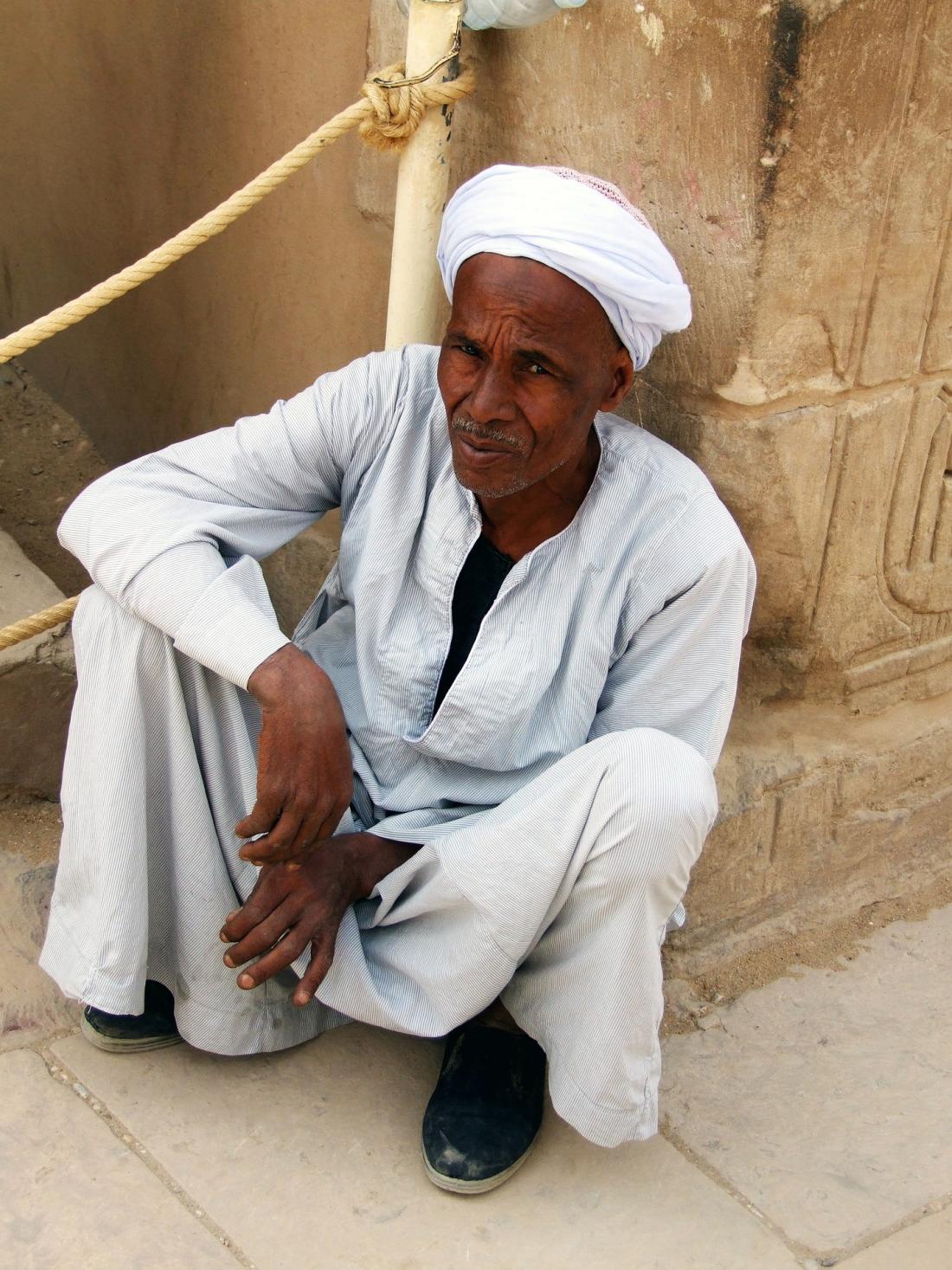The TEC-MED project in Egypt selected its study population based on the infrastructure and volume of people there

TEC-MED project aims to provide social care model for elder people and their caregivers. For the implementation of the assessment, different steps have been passed such as the selection of institutions and places that have suitable infrastructure and high residence people. On the other hand, training has been done for 6 training agents on the platform to know how it works. An internal tool is used to overcome some challenges faced by training agents during data collection. The internal tool is written in the local language to be easily understood. After the assessment collection, training agents must make interventions with samples to improve some health, social, psychological, and educational problems. Each sample has its own intervention that differs from other samples.
The intensive training was conducted for the selected six training agents on the platform to know how it works and how to deal with it. During the training, the trainee knows how to collect precise data from potential samples. Practically, they had different samples to check the assessment duration and the average consumed time of the survey and also check the ability of the samples to withstand the period of the survey.
The sample collecting places were selected depending on the infrastructure and the volume of people there. The potential eligible places were Sharkia Governorate which involved some cities like Zagazig, Belbis, and AboKbeer, and a huge number of villages like Abuhammade, Mashtol, Eladlya, and Minya Al Qameh Villages.
The training agents made an internal tool to reduce the time of the survey as it was too long for the elders and caregivers to answer all assessment questions and it was time-consuming and the samples felt bored. In the original assessment, there were some questions with the same meaning but written in different ways that causes rejection from samples to conducting the assessment based on its duration. Also, there was a problem with the internet connections in some of these selected places for collecting samples.
The sample was selected depending on the economic, educational, cultural, social, and health state variation to ensure the quality of data. As there were inappropriate questions for the Egyptian culture, the assessment includes privacy-invading questions. So, some people refuse to give some personal details or give it as incomplete or incorrect data.
After training agents complete their training. Training agents are expected to execute social-care interventions with geriatrics and their caregivers. The training agents conducted the first assessment with the elder people and caregivers who will participate in the pilot in order to undertake interventions. They started implementing the interventions on the 7th of July. Firstly, it was difficult for training agents to implement the intervention on the platform and this elongates the time for collecting data. The training agents will be able to follow up on the intervention and validate its results because they will meet the elder people again after three months following the first assessment. The interventions include (social services, health clinics (referral to doctors), community services, psychological support, advice about medication abuse and misuse, healthy habits in their lifestyles, provide awareness about some life-threatening diseases and critical diseases such as Alzheimer's disease, dementia, and Parkinson's.









